Is “Cryptos” Becoming Commonly Used?
Posted by: Loren Coleman on June 27th, 2012
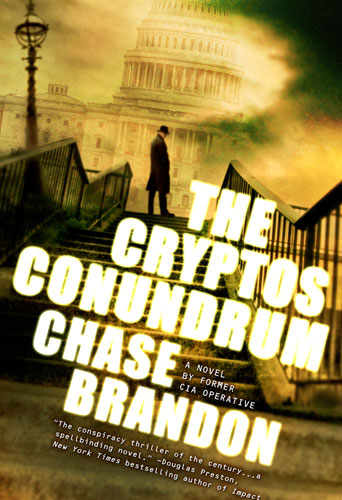
During June 2012, a new book appeared entitled The Cryptos Conundrum by Chase Brandon. It is not about cryptozoology, however. Instead, its focus is cryptography.
Let me revisit a question I asked two and a half years ago. Thirty months is a blink of an eye in the history of the world, but on the Internet and in this modern media world, that’s eternity.
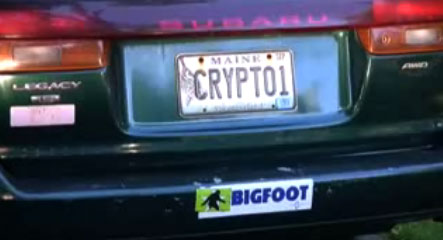

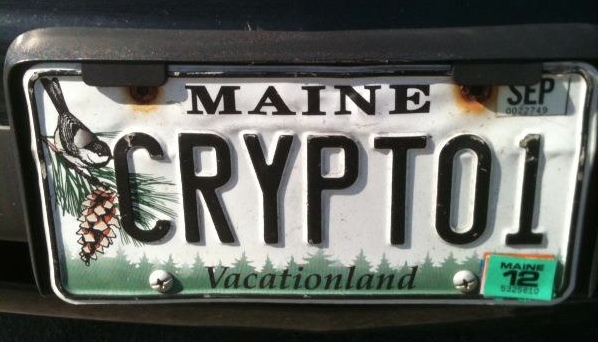

I wondered if the next decade would be the one where “cryptos” ~ a word meaning “cryptozoologists,” or, at least, “cryptozoology fans,” used and/or coined by folks including DWA, Ole Bub, and perhaps even first here, way back in March 2006, by draconica ~ would come into its own?
Have any of you noted “cryptos” being used beyond the pages of Cryptomundo, beyond the comments here?
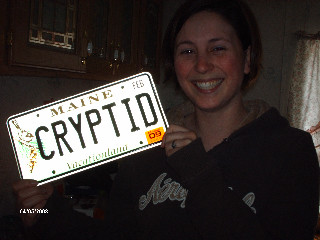
I said that perhaps “cryptos” will be the new “in” word for the next decade, just as “cryptids” was for the last decade. What do you think and have you seen any evidence of it?
About Loren Coleman
Loren Coleman is one of the world’s leading cryptozoologists, some say “the” leading living cryptozoologist. Certainly, he is acknowledged as the current living American researcher and writer who has most popularized cryptozoology in the late 20th and early 21st centuries.
Starting his fieldwork and investigations in 1960, after traveling and trekking extensively in pursuit of cryptozoological mysteries, Coleman began writing to share his experiences in 1969. An honorary member of Ivan T. Sanderson’s Society for the Investigation of the Unexplained in the 1970s, Coleman has been bestowed with similar honorary memberships of the North Idaho College Cryptozoology Club in 1983, and in subsequent years, that of the British Columbia Scientific Cryptozoology Club, CryptoSafari International, and other international organizations. He was also a Life Member and Benefactor of the International Society of Cryptozoology (now-defunct).
Loren Coleman’s daily blog, as a member of the Cryptomundo Team, served as an ongoing avenue of communication for the ever-growing body of cryptozoo news from 2005 through 2013. He returned as an infrequent contributor beginning Halloween week of 2015.
Coleman is the founder in 2003, and current director of the International Cryptozoology Museum in Portland, Maine.






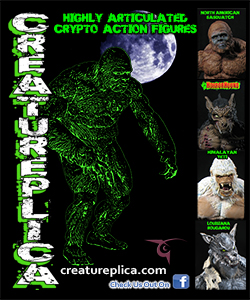



It’s like anything else sir : A fad in the eyes of most ! Next year they will be something else to capture the eyes .
I wouldn’t mind “cryptos” staying a little more on the QT until its scientific chops upgrade.
It’s still associated too much with a non-scientific approach. As to “skeptics,” a name that has unfortunately caught on, their attitude is a shame to science, to say nothing of true skepticism. If only that were as well known.
Do you think that the slang may have any mix up with cryptographer? It’s a job that was greatly expanded after 9/11/01 and I have had one occasion (yeah, just one in a decade) where some puke was using cryptos to refer to cryptographers.
I feel like I should probably comment on this one seeing as my name is “kryptos006.” Although the “006” extension is an application from my personal life, I cannot say the same about “kryptos.” The Greek word “kryptos” meaning “hidden” has obvious cryptozoological applications, seeing as it is the prefix that Bernard Heuvelmans added to the word “zoology,” which, in a way was a unique choice for this prefix. I use the word “kryptos” to define the difference between mainstream zoology, Fortean zoology, and cryptozoology. I have never used the word “cryptos” to indicate a cryptozoological enthusiast, and I doubt that I ever will seeing as, like Chad Arment, I like to approach cryptozoology with a scientific manner, and I believe that using slang in cryptozoology blurs the line between “monsters” and “cryptids” because, if the most professional of cryptozoologists often use slang terms to describe certain things in cryptozoology, then what is the difference between the world’s foremost authority on the topic and its uneducated enthusiasts? Even words like “Sasquatch” or “Bigfoot” have attracted negative connotations.